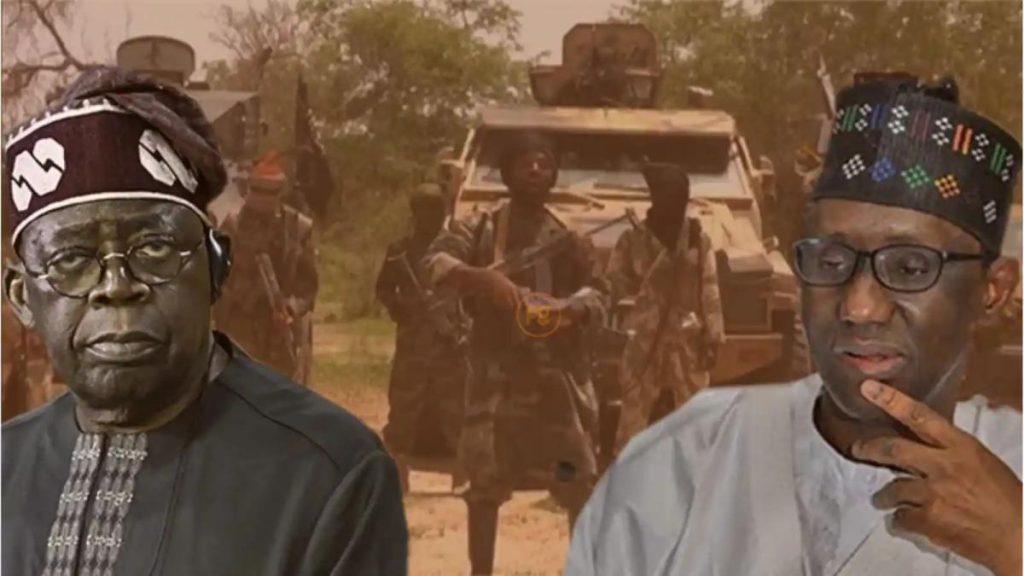February 27, 2026
“Detention Business, GPS”: Of US-ICE $75B Spending on Deportation, Who is The Beneficiary?
February 24, 2026
REPORT: How Tinubu Govt Paid N10bn Ransom To BokoHaram To Release Abducted Students
February 23, 2026
Explainer: How Arsenal Restores Points to Lead Man City Against Tottenham
February 23, 2026
FCT Polls: PDP Reveals Next Line of Action After APC Sweep

February 24, 2026
REPORT: How Tinubu Govt Paid N10bn Ransom To BokoHaram To Release Abducted Students
iDeemlawful
REPORT: Tinubu govt allegedly paid N10bn ransom and freed commanders to secure release of abducted schoolchildren.

February 23, 2026
Explainer: How Arsenal Restores Points to Lead Man City Against Tottenham
iDeemlawful
In a move towards restoration, Arsenal beat Tottenham 4 to 1 in North London Derby to five-point lead over Manchester City.
